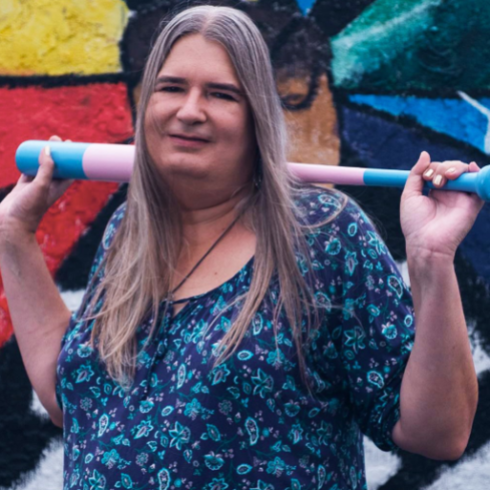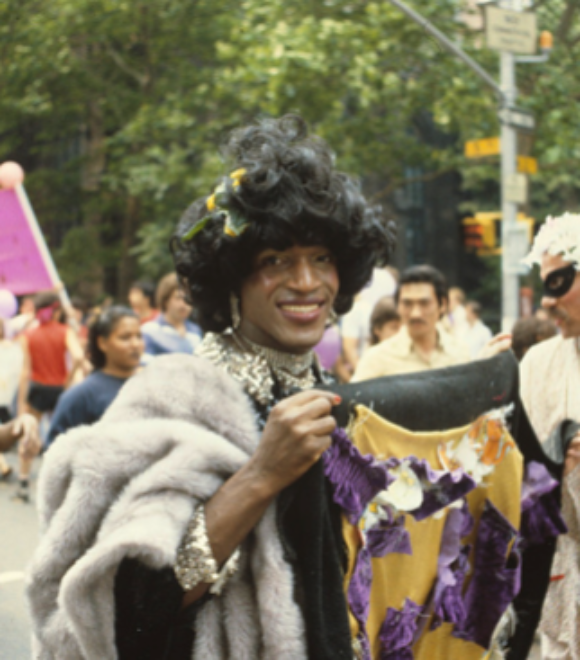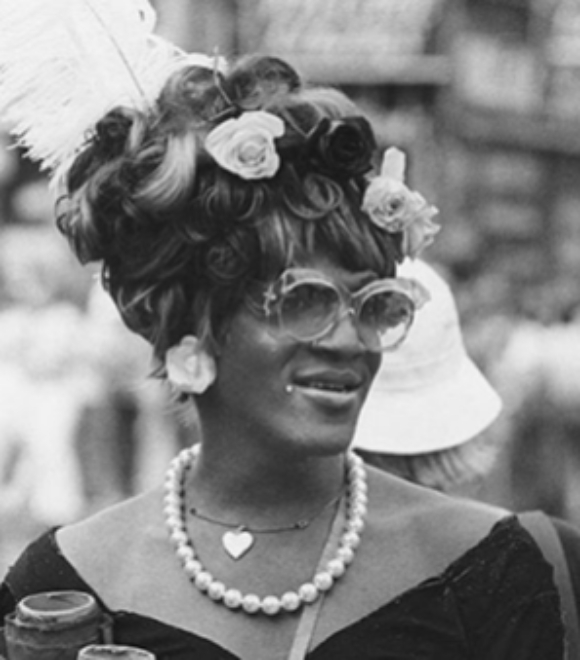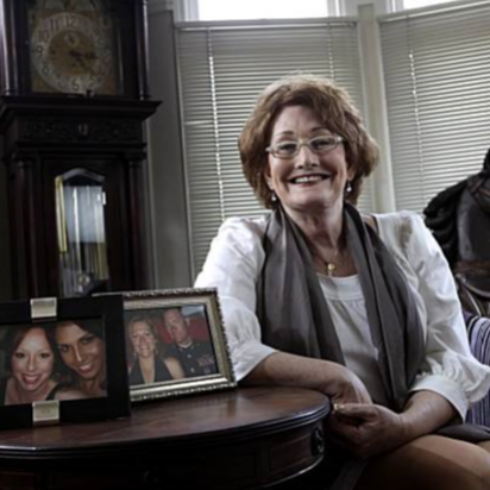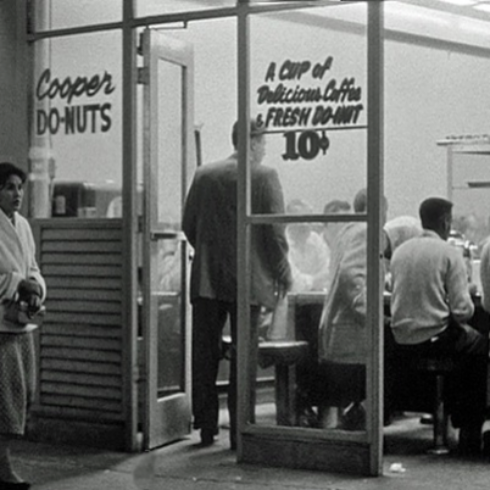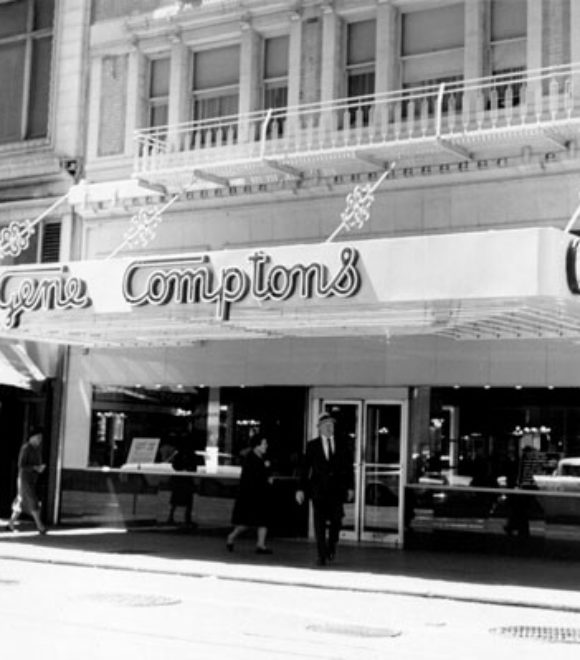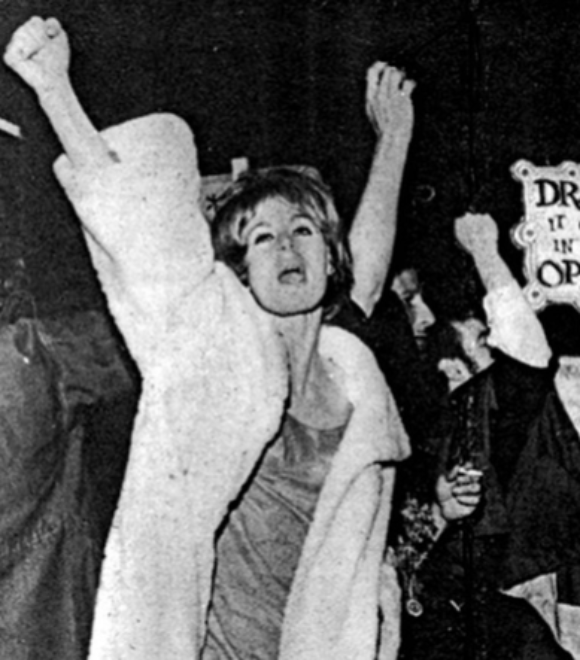Marsha P Johnson
Marsha P Johnson was a trans a woman, an activist, a drag artist and a sex worker. She played a prominent role in the Stonewall Riots of 1969 and went on to co-found STAR (Street Transvestite Action Revolutionaries), an organisation that that supported gay and trans individuals who had been left homeless. In 1992, she was reported as missing for 6 days before police later found her body. Her death was recorded as a suicide, but many of her friends would argue otherwise due to the commonality of violent attacks on gay and trans people.


